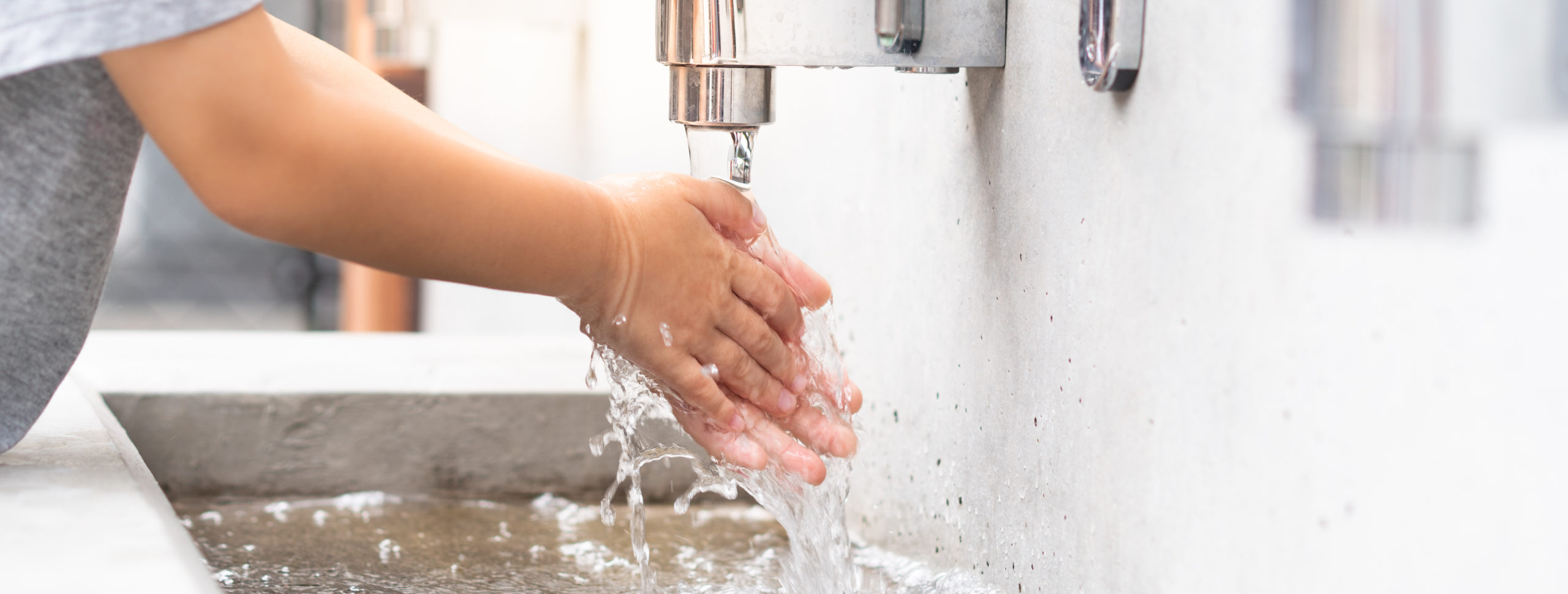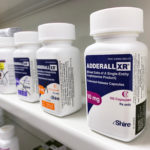Deciding to seek treatment is often one of the most challenging decisions someone struggling with an addiction will face; however, it is often not the last. Successful completion of a comprehensive addiction treatment program at Cal Recovery Center is an essential first step towards attaining sobriety and improving your chances of long-term recovery. During treatment, you will learn and explore the issues that lie at the root of your addiction. You will also learn safe and healthy ways to evaluate and change the negative thought and behavior patterns that continue to propagate addictive behaviors. The skills you will learn and practice during treatment will be beneficial during the early days of recovery and beyond. For many who are beginning their sobriety journey, it is common to wonder what happens after treatment. What are the next steps? How do I keep using and practicing the good habits I learned during treatment during addiction recovery?
How to Start and Keep Good Habits in Addiction Recovery
Addiction is a disease. For most, it is a disease characterized by bumps, setbacks, and instances of relapse on the road to recovery. The Substance Abuse and Mental Health Services Administration (SAMHSA) indicates as many as 60% of those who complete an addiction treatment program will experience at least one incidence of relapse. Addiction does not have a cure; however, with a comprehensive addiction treatment program and a robust aftercare program, sobriety and long-term recovery are within reach. Many habits that will help you continue towards successful recovery are learned during treatment or as part of an aftercare program.
Complete an Aftercare Plan
An aftercare plan is a vital component in preventing relapse. To provide the most benefit, one should transition directly to aftercare immediately after completing their addiction treatment program. Aftercare programs (or relapse prevention programs) are designed to create a supportive and comfortable environment where recovering addicts can feel comfortable speaking openly about their struggles, temptations, feelings, and strength throughout the recovery process. Maintaining a connection within the recovery community and the support systems provided through aftercare planning is one of the number one ways to remain sober and prevent relapse.
Go to Support Groups (AA, NA, etc.)
Programs such as Alcoholics Anonymous (AA) and Narcotics Anonymous (NA) provide recovering addicts an outlet to discuss their struggles in sobriety with a group of peers who share similar concerns and experiences throughout various stages of recovery. Support groups also provide a means for developing new, healthy social circles.
Focus on Your Overall Wellness with Nutrition and Exercise
Many addiction treatment programs provide support and guidance around nutrition, diet, and physical activity. It is not uncommon for inpatient residential programs and various outpatient programs to provide patients access to on-site gyms or other avenues to participate in physical activity. One of the biggest reasons for relapse is turning to substances during times of stress or other triggering experiences. An excellent way to ward off stress and triggers is through exercise and focusing on self-care. Although you will likely learn about the various ways concentrating on your overall wellness can help you throughout your recovery journey during your treatment program, it is crucial to maintain ongoing participation and focus on your wellness as you leave treatment and focus on continuing sobriety and recovery.
Many of the good habits you will learn and practice during addiction treatment are beneficial not only during the early stages of recovery but throughout your future without drugs and alcohol. Given the high incidence of relapse for many who complete an addiction treatment program, it is crucial to ensure that your aftercare plan consists of ways to safely and in a healthier way reduce the impacts of triggers and other factors that can lead to relapse. If you are ready to begin your sobriety journey today, reach out to the admissions team at Cal Recovery.








